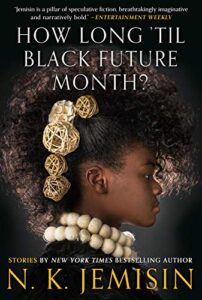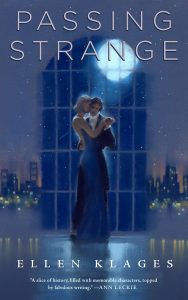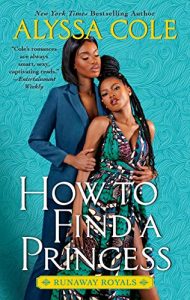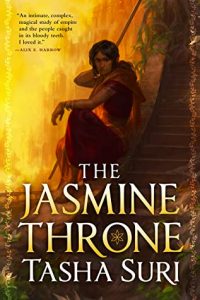Amazon Affiliate Link | Bookshop.org Affiliate Link
I listened to this short story as part of the audiobook How Long ’til Black Future Month, but it can be found for free online at Lightspeed Magazine.
I’ll start this review off by saying that I think NK Jemisin is an incredible writer. Her Broken Earth trilogy was dark and often painful to read, but it was such an incredible work with beautiful craft, and I’ve been wanting to read more of her work for a while, but I wasn’t ready to commit to another long series: naturally, her short stories proved to be an excellent solution. In some cases, they also acted as an exploration (and teaser) for her other books, proving that yes, I do indeed need to read all of them.
“The Effluent Engine” takes place in an alternate history New Orleans, albeit one that is not so far removed from reality. It really packs everything into a small space: spies and intrigue, chemistry and engineering, romance and revolution. The main character, Jessamine, is a Haitian agent whose mission is to find a scientist who will develop a safe way to extract methane gas from the refuse generated by rum production, so they can produce their own fuel for their dirigibles. But she isn’t the only one after such a mechanism, and she has to avoid enemy agents who want Haiti to go back to being an enslaved nation.
This story, although short, has a deep and satisfying plot. It feels like reading a novel, because so much happens in a short space of time. There is plenty of action, but also a great sense of space and time passing. There isn’t a huge cast of characters (although with spies, scientists, and eavesdropping nuns, there are plenty!) but there’s lots of complexity to the ones we have. And most of all, this story is just plain fun to read. It’s exciting and romantic, with enough seriousness backing it up to keep the stakes high. I absolutely recommend anyone who had time to read this review to take a minute and go read the story itself.




